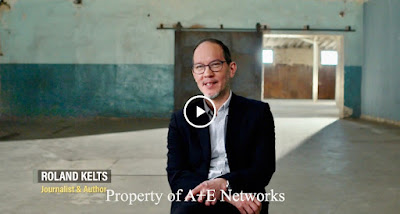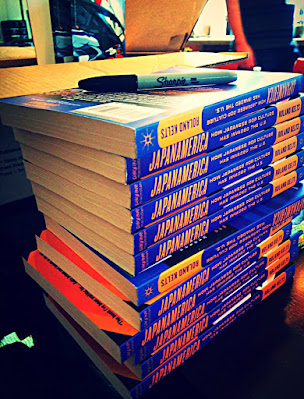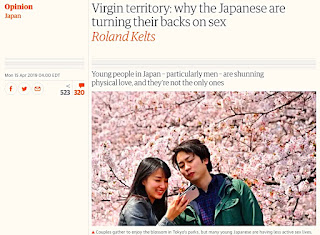New series of JAPANAMERICA-themed talks for US universities via WorldStrides

I’ve been doing a series of JAPANAMERICA-themed talks in Tokyo via the generous and uber-competent WorldStrides agency for US universities including The University of Wisconsin , Vanderbilt University and DePaul University . The discussions have been wide-ranging and fascinating (I'm learning a lot myself!) and I am grateful for the enthusiastic student-professor audiences and the sterling support from the team at WorldStrides. Highly recommended.








